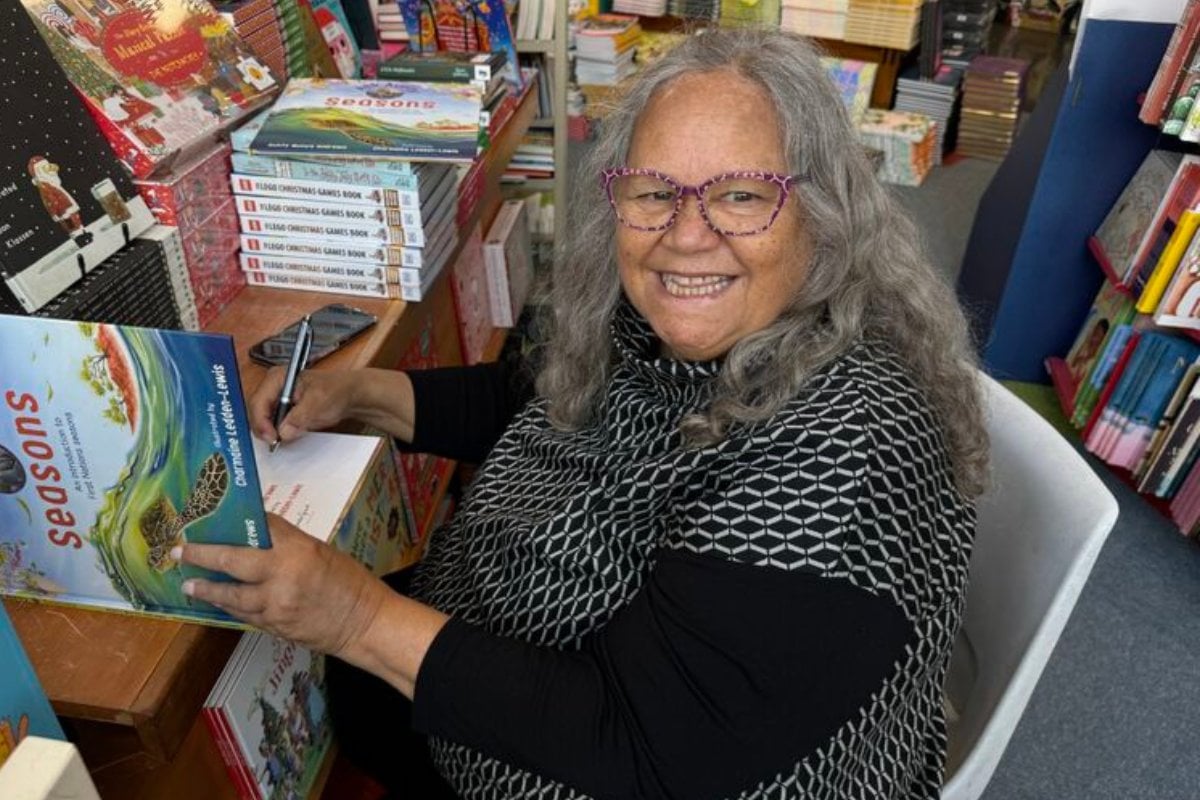
As the debate around Australia's national day continues, there are ways every Australian can be an ally to the Indigenous community - both on January 26 and beyond.
For many Australians, January 26 can't be seen as anything other than a day of mourning.
To introduce myself, I'm an Aboriginal Elder, author and barrister. I am also the co-director of Evolve Communities, alongside reconciliation and allyship expert Carla Rogers. We're looking to continue to change attitudes, and for that we need everyone's support.
Watch: Changing the date, with Narelda Jacobs. Post continues below.
Evolve Communities is Australia's trusted authority for Indigenous cultural awareness and ally training. For years, we have together been working towards making this country a more inclusive place through allyship and education. The end goal? To make Australia a more inclusive, kinder place.
Part of this is talking about January 26. To some, they call it 'Australia Day'. For First Nations people like myself, it's Invasion Day.
8 ways you can support Indigenous Australians on January 26.
Australia is the only nation on the planet that celebrates its national day on the date colonisation began. What this does is alienate a whole section of our population - both Indigenous people, but also allies.
I'm not saying we shouldn't celebrate 'Australia Day' - I think we should. But we need to change the date to one that's more appropriate. One that acknowledges the wonderful nation that we can become together.
